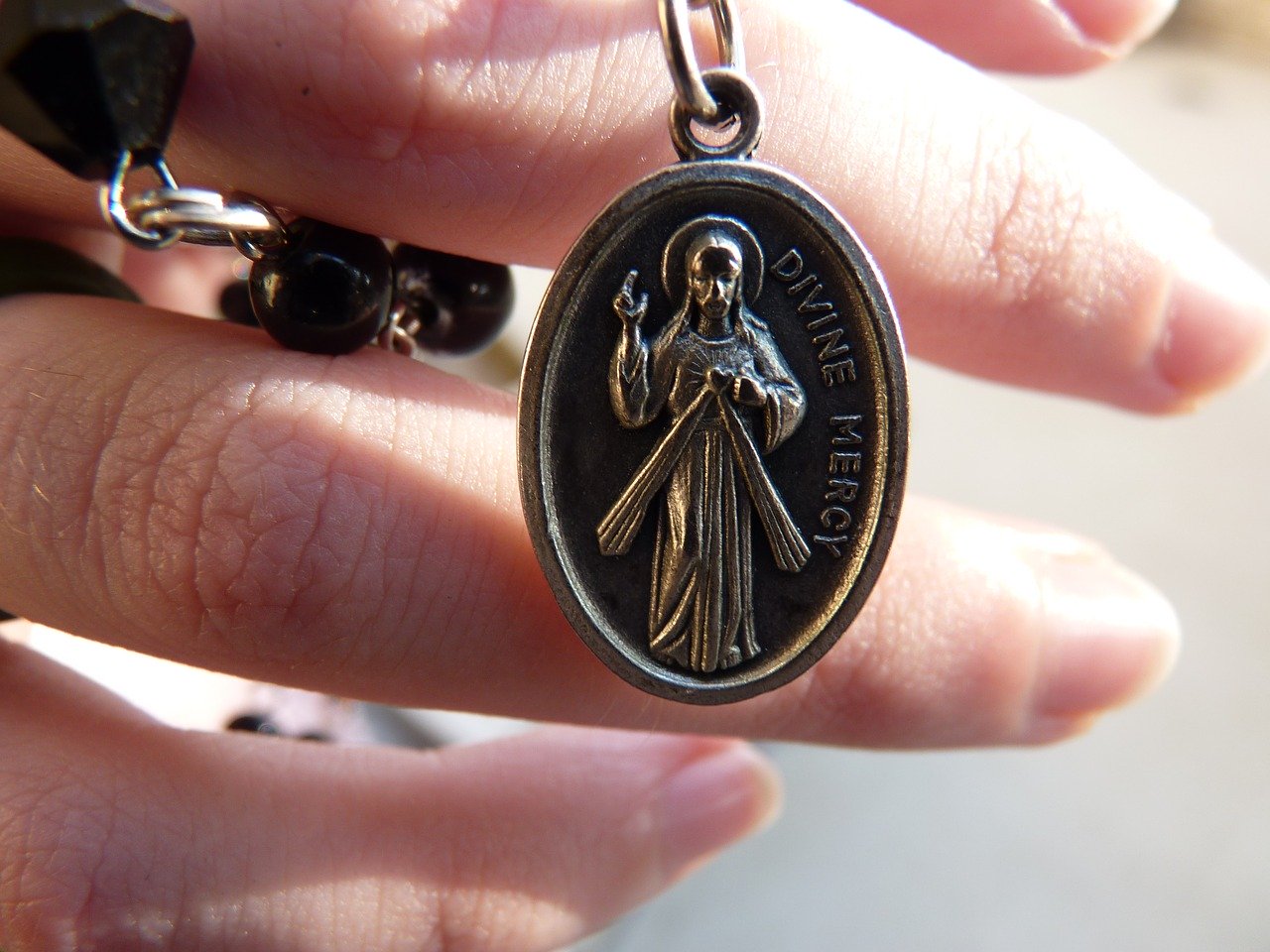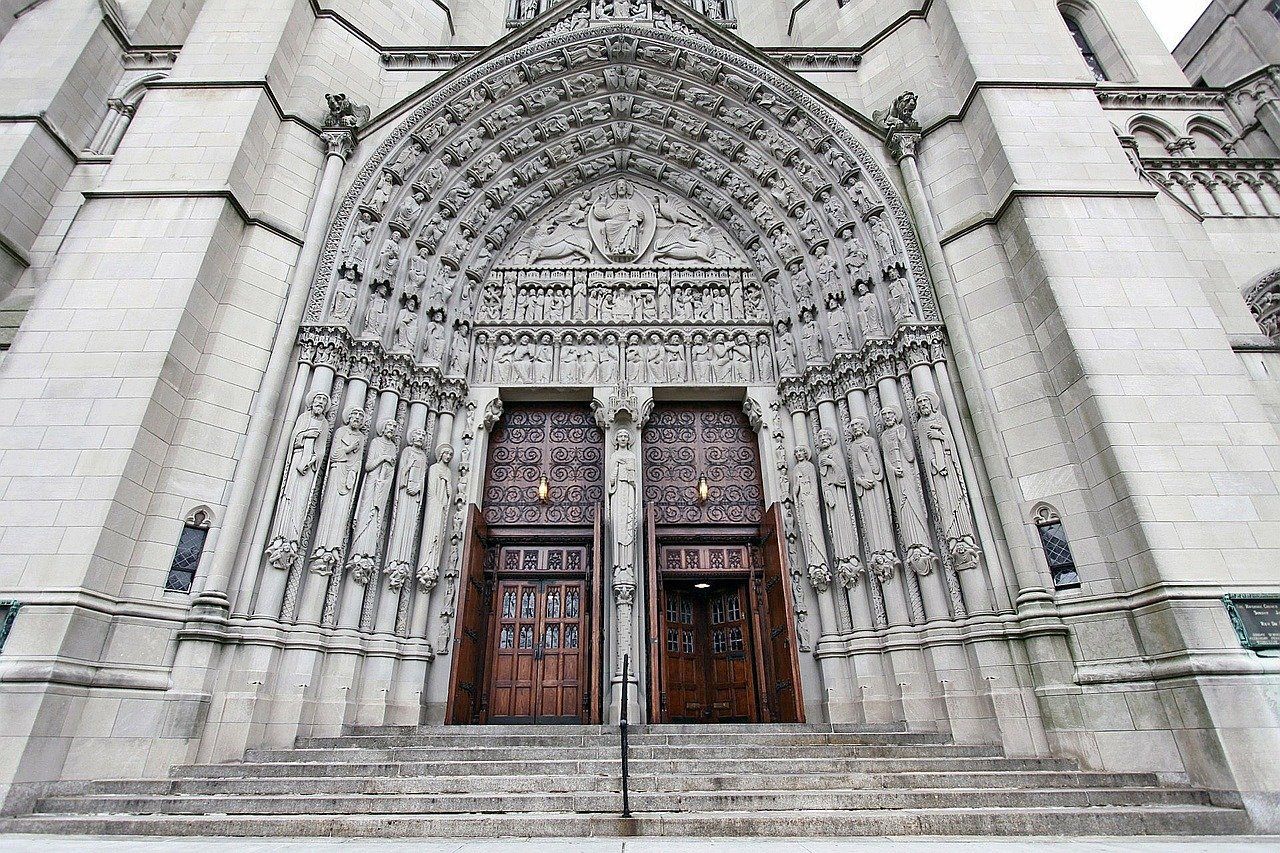
If Mass is suspended in your diocese due to COVID-19 or for other public safety concerns, there are other ways to observe the Fourth Commandment: Keep holy the Lord’s Day. Consider it an invitation to choose a devotion and Act of Spiritual Communion that enables you to stay connected to the universal Body of Christ. You might:
“Virtually” attend Sunday Mass on TV or online. Most dioceses have a Mass for shut-ins, a term that now applies to many of us under "stay at home” orders. The Paulist Fathers in Rome also have a user-friendly sing-along Mass in English uploaded weekly at YouTube. See www.stpatricksamericanrome.org for the current offerings on their home page.
Read and reflect on the Scriptures for Sunday available from the U.S. Bishops’ site: www.usccb.org/bible/readings/.
Make use of the church’s traditional Liturgy of the Hours by downloading the popular breviary app at www.ibreviary.org.
During this season of Lent, meditate on the Stations of the Cross or other spiritual practices.
See: https://bustedhalo.com/ministry-resources/25-great-things-you-can-do-for-Lent
Or, pray five decades of the rosary, or make this the year you finally read your Bible—neither of which requires any technology.
Below are recommended prayers for an Act of Spiritual Communion when unable to participate in the Mass. Feel free to adapt them for personal or family needs!
ST. ALPHONSUS LIGUORI
My Jesus, I believe that you are present in the Most Holy Sacrament.
I love you above all things, and I desire to receive you into my soul.
Since I cannot at this moment receive you sacramentally, come at least spiritually into my heart.
I embrace you as if you were already there and unite myself wholly to you.
Never permit me to be separated from you.
Amen.
ANIMA CHRISTI
Soul of Christ, sanctify me.
Body of Christ, save me.
Blood of Christ, embolden me.
Water from the side of Christ, wash me.
Passion of Christ, strengthen me.
O good Jesus, hear me.
Within thy wounds hide me.
Never permit me to be parted from you.
From the evil Enemy defend me.
In the hour of my death call me.
And bid me come to thee,
that with your saints I may praise thee
for age upon age.
Amen.
PRAYER OF POPE FRANCIS DURING THE PANDEMIC
O Mary, you always shine on our path as a sign of salvation and of hope. We entrust ourselves to you, Health of the Sick, who at the cross took part in Jesus’ pain, keeping your faith firm.
You, Salvation of Your People, know what we need, and we are sure you will provide so that, as in Cana of Galilee, we may return to joy and to feasting after this time of trial.
Help us, Mother of Divine Love, to conform to the will of the Father and to do as we are told by Jesus, who has taken upon himself our sufferings and carried our sorrows to lead us, through the cross, to the joy of the resurrection. Amen.
Under your protection, we seek refuge, Holy Mother of God. Do not disdain the entreaties of we who are in trial, but deliver us from every danger, O glorious and blessed Virgin. Amen.



